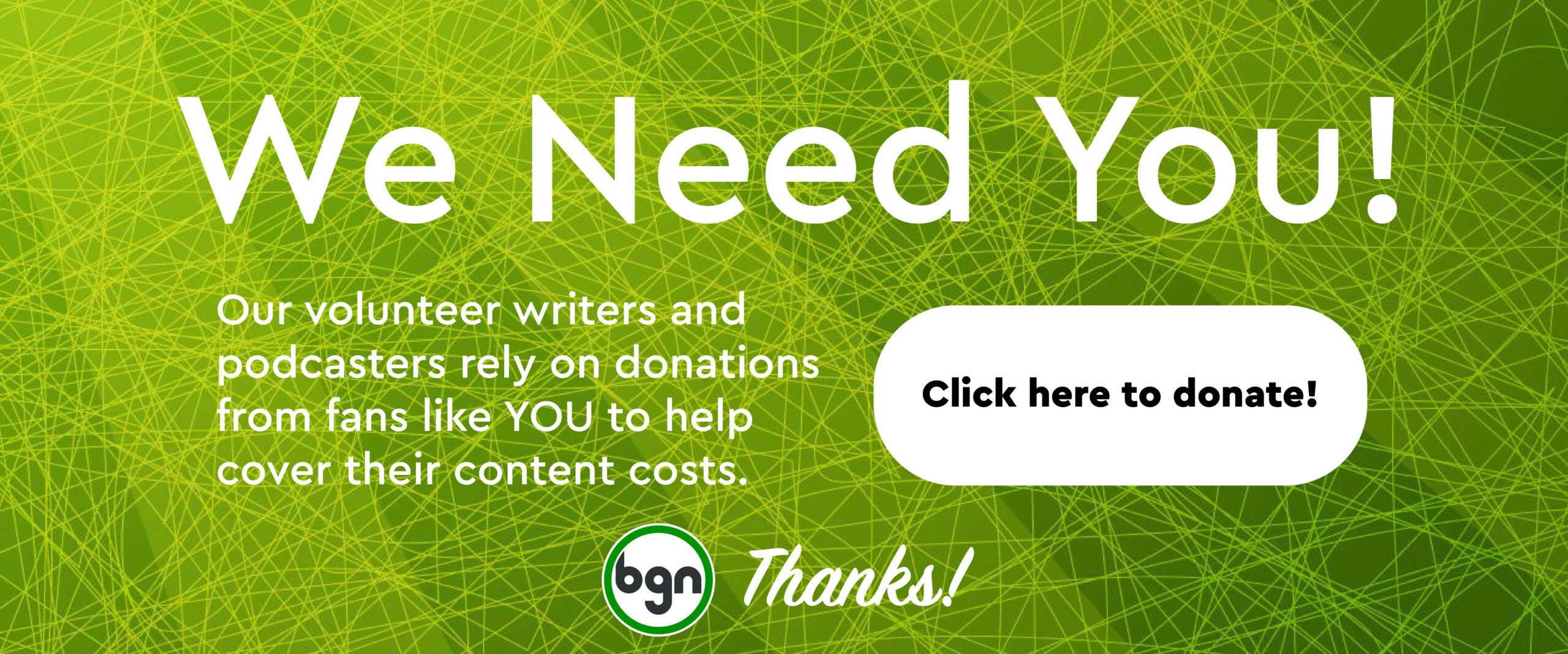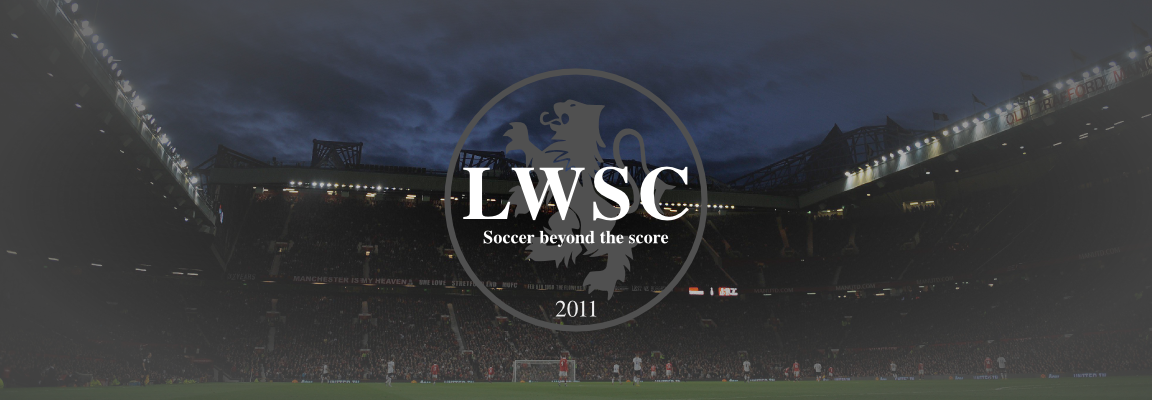Editorial: Racism in American Soccer
The United States has a long history of racism in sports. It’s not unique to our country. Many countries struggle with racism, both historically and currently. In the United States, racism leaves a blemish on soccer. Given the history of racism and abuse in our country, racism in the sport needs to be addressed.
The news of Fabian Bastidas’ use of the N-word towards Atiba Harris last week brings the issue of racism in the game today back to the forefront. The positive action by Tulsa Roughnecks FC to terminate his contract was substantial. However, it brings U.S. Soccer’s failure to address racism into the light.
Tonight in our @USLChampionship game; a player from @RoughnecksFC called me the N-word not once but twice on the field to try to insult me. I told the ref but the game cont’d 🤷🏾♂️…We really need to put a stop to this nonsense @EnergyFC. Love over hate
— Atiba Harris (@AtibaHarris) April 28, 2019
The Early MLS Stands Against Racism
Racism and racist remarks have always been an issue for U.S Soccer. From the founding of the MLS, the USSF and league have dealt with racism differently from year to year – never really having a single response to the issue.
In its first year, 1996, the MLS was a fledgling league with just ten teams. Even at the beginning, the ugly shadow of racism was already looming over the league and U.S. soccer. In 1996, a U.S. national team defender called Roy Lassiter the N-word during a pre-season match. Lassiter was a star during that season, but even he faced racism at the hands of other players.
The players advocated for themselves back then. Roy led the way and the league worked to stamp out racism and protect the players. Sanctions were harsh in MLS’ early years. For example, in 1998 Edwin Gorter was fined 20,000 dollars and banned from the first four matches of the season for saying the N-word. The league had a promising stance, but it wouldn’t last.
In the early 2000s, the league, and USSF began to waver in their stance against racist behavior. Many incidents would go unheard and unpunished.
Money Talks and Morals Walk
By 2006, when Andy Williams talked about being called a monkey by an opposing player, the league had changed their tune. Racism is bad press and the league has a reputation to uphold. Sanctions became less likely. Punishment and fines were costly to teams and created culpability in a struggling league. MLS and USSF began to sweep racism and racist incidents under the rug rather than address them forcefully. In response to Williams’ claim, the league found that there was not enough evidence to do anything.
Inaction against a fan followed inaction against a player. In 2008, a fan called Kheli Dube the N-word after a playoff goal. The racist remarks went unpunished. The commissioner promised a ban if the fan could be identified. However, no resolution was reached. The issue simply faded away with the news cycle.
The failure to punish racism has just led to more systematic and concentrated forms. In the face of a new political landscape, the MLS has taken the line that “politics” should be left out of soccer – meaning messages for or against racism.
Keeping that in mind, it makes sense that one of the longest-running racism issues in MLS, New York City FC’s racist supporters and chanting, is still a problem to this day. From the team’s founding in 2015, racist groups and individuals have plagued the supporter’s section. Groups hang signs touting messages like “white power” and brawl in the streets. Yet US Soccer, MLS, and the team have all failed to do anything of substance to stop the issue.
Halftime reading:
In a press scrum tonight at Audi Field, Don Garber was asked (by me) about the reports on (and evidence of) white supremacist fans in New York City FC supporters' clubs, and the efforts (and perception of a lack of them) to kick those fans out.
His remarks: pic.twitter.com/WNXOA8vWQi
— Jonathan Tannenwald (@thegoalkeeper) March 4, 2019
Leaving “Politics” Out
While the USSF and MLS might see it as a good business decision not to sanction racism on the field and instead “leave politics out of it” – what they are doing is silently approving racism in the league and sport. Oppressive abuse like racism isn’t a political position, but making it out to be one is not neutrality. Desmond Tutu once said, “If you are neutral in situations of injustice, you have chosen the side of the oppressor.” That statement rings true even for the MLS and USSF.
In 2017, the USSF took a stand against the Black Lives Matter movement and protests of racial discrimination by banning all US national team players from protesting during the national anthem. USSF set their standard, in line with the vision of the President, effectively taking a political stance against protesting racism. The defense of the ban often goes, “When you play for the US, you need to respect the flag and anthem,” but that message is tone-deaf. Many athletes do respect the flag and anthem, the protest is not about those things.
The league went further with its ban of protesting. MLS has taken a hard-line stance against all talk of “politics” – and that includes anti-fascist or anti-racist signs. Like the one, the MLS confiscated from Seattle Sounder’s supporters in 2017.
Banning politics has just made the MLS and US Soccer a more dangerous place for minority players. In 2018, Adama Diomande was called the N-word in a game against Portland Timbers in the U.S. Open Cup. Diomande would have no reason to lie, his team even won the game – however, USSF investigated the issue and came out with this official statement:
“While in no way diminishing the serious allegation, the Panel also took into consideration that the alleged incident occurred while multiple speakers spoke at the same time in multiple languages during a tense situation, which could allow one individual to misunderstand another individual.”
This message is in line with past statements. It does make it seem like racism isn’t an issue, it was just something Diomande misheard. The MLS and USSF have continually failed to take racism seriously, and rather than risk upsetting a player or team or political group, they have said that racist actions must be proven by the victim. They have chosen to protect the abusers.
The Trickle Down
The USL has suffered from many of the same issues as USSF and MLS. In 2017 a Phoenix Rising supporters group, Los Banditos, were told to take down a banner displaying the words “stop racism” along with crossed out symbols of hate. The fans did take the banner down but walked out in protest. The team later released a statement saying they supported the message, but that they didn’t want the possibility of violence. Rather than enforce security at their game, they silenced those who took a stand against racism in the sport.
With recent issues like the racist remarks on a League One podcast and the use of a slur against Atiba Harris – its a breath of fresh air to see a team in the USL put their morals before their wallets and the league prospects. Tulsa Roughnecks FC releasing Bastidas sets the right type of precedent, it sends a clear message that racism will not be tolerated on the pitch or in the stands of the USL.
Let’s hope the rest of the USL follows suit in putting the welfare of their players and the safety of the game above protecting racists. Perhaps someday MLS and USSF will do the same.
#StopRacism





